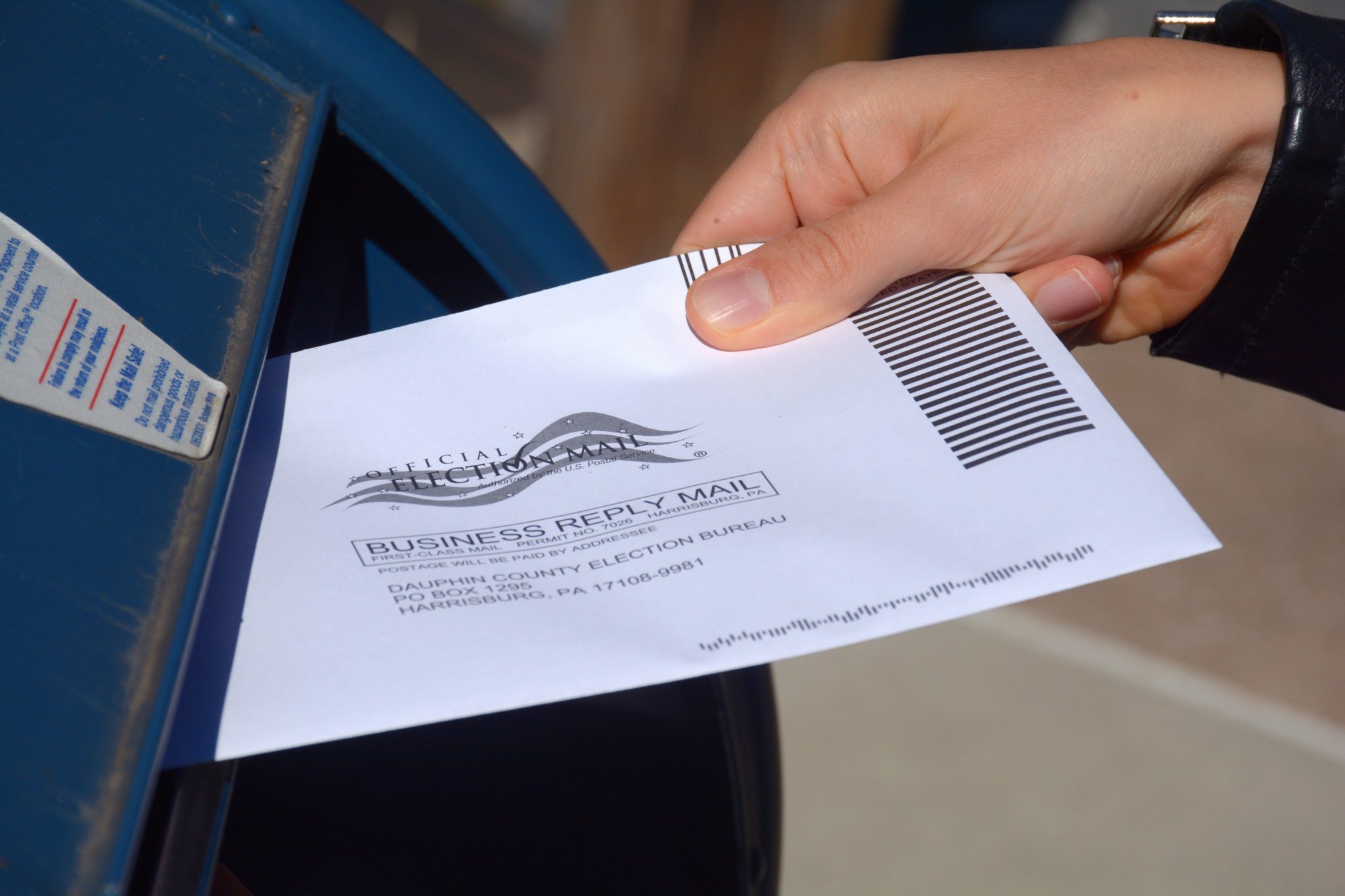October 22, 2024
Judges in Michigan and North Carolina have denied lawsuits brought by the Republican National Committee (RNC) seeking to overturn state laws governing overseas voting in two separate cases. These cases involved UOCAVA (Uniformed and Overseas Citizens Absentee Voting Act) rules, which permit foreigners to vote in U.S. elections under certain conditions.
Michigan Ruling
The RNC sued the Secretary of State Jocelyn Benson in Michigan to overturn her policy that allowed residents who had never lived in Michigan and whose parents or spouses had lived there prior to their leaving the state to vote. The Michigan Court of Claims judge Sima Patel rejected the lawsuit too late in the campaign season and called it an “11th hour attempt to disenfranchise” voters. She maintained that the suit would evict military personnel and their families, who enjoy these rules of voting while living abroad.
Michigan Secretary of State Jocelyn Benson praised the decision, tweeting: “A win for voters and democracy today in Michigan! A federal court upheld our work to ensure military service members and their families serving overseas can vote.”
North Carolina Ruling
The RNC in North Carolina also tried to block state laws that would let people who had never lived in the state vote based on parent’s residency. The Wake County Superior Court Judge John W Smith denied the RNC a court order granting an emergency court order to allow election officials to hold back ballots from overseas voters who hadn’t voted in the state. The judge concluded that Republicans had offered “no substantial evidence” of the fraud they supposedly sought to prevent.
The two instances highlight ongoing controversy surrounding the availability of voting and voter fraud in American elections. Republicans say the rules make it easy to cast fake votes, Democrats like Michigan’s Benson say the rules shield the voting rights of military personnel and their families who serve overseas.



